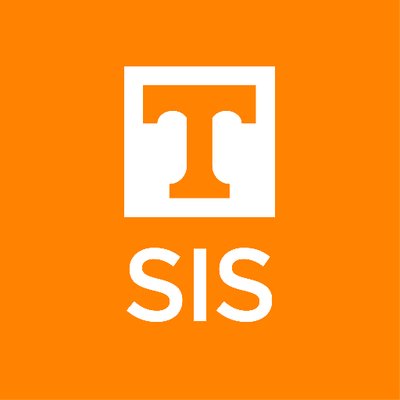I am the CCI Board of Visitors Assistant Professor in the School of Information Sciences in the College of Communication and Information at The University of Tennessee Knoxville. I am also a Joint Faculty Assistant Professor in The Bredesen Center's Data Science and Engineering program, a Founding Fellow of the CCI Information Integrity Institute, an Affiliate of the Center for National Security and Foreign Affairs at the Baker School for Public Policy and Public Affairs, and a member of the Center for the Dynamics of Social Complexity within the College of Arts and Sciences.
I am a highly interdisciplinary, computational social scientist who broadly studies media ecosystems. I typically study trust in these ecosystems, particularly when information interventions for mis/dis/malinformation are introduced. I like to think about this work within the pipeline shown in the Figure below, where I study various facets of media production, the humans who consume it, and interventions in between.
My background is in Computer Science. Hence, methodologically, I am most experienced in using computational methods from natural language processing, network science, and machine learning on digital trace data. However, I often design and analyze large-scale experiments and surveys to aid my research.
Outside of academia, I spend much of my time collecting vintage sports cards, programs, and memorabilia. After many years of collecting, I have particular expertise in rookie cards and autographs from hall of famers in football, basketball, and hockey. I sometimes talk about this collection on Instagram @TheProfessorsCards.
Here is a Pecha-Kucha talk (20 slides x 20 seconds) I gave at UT Mic/Nite in 2024 on if we should let AI tell us what is true:
As a brief sample of my work in automated news veracity detection, check out a talk I gave at ICML 2022:
Email: bhorne6 at utk dot edu
Google Scholar: Scholar Profile
Bluesky: benjamindhorne.bsky.social
Github: benjamindhorne
Office: 440B Communications Building, 1345 Circle Park, Knoxville TN 37996
Erdős Number: 3 (Erdős -> Goldberg -> Adalı -> Horne)
 Ben Horne
Ben Horne